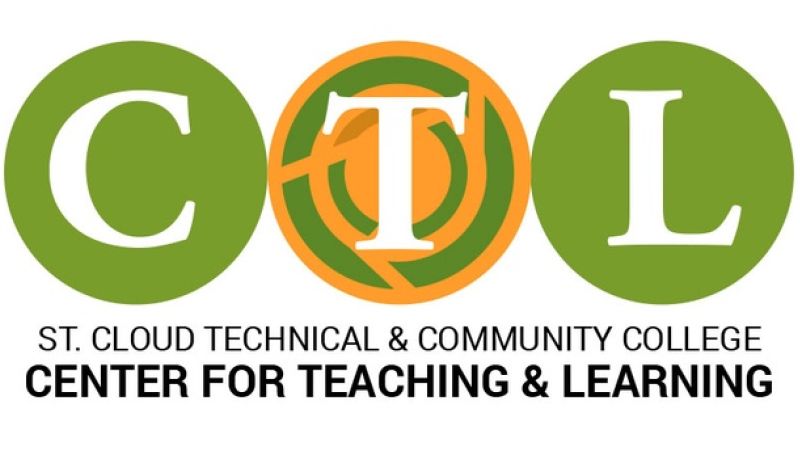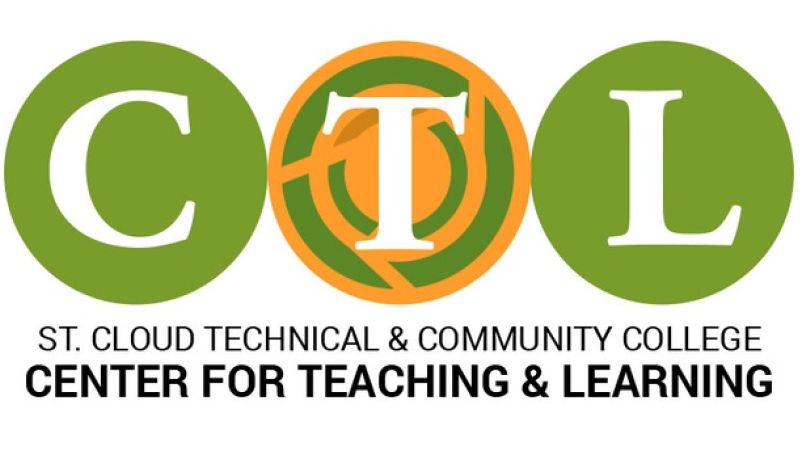
Humanizing Your Courses
Do you want to make your students feel more connected, build a sense of community, and allow for positive engagement no matter the course delivery method? Humanizing your course is a great way to do just that.
What is Humanizing a Course?
Humanizing a course means making connections so students feel connected to a course, the instructor, and other students. Humanizing means taking into consideration building community and social/emotional learning. Although humanizing is more frequently referenced with online learning, strategies can be applied both in the face to face and online environments.
Starting with the assumption that higher learning is facilitated by the collaboration and dialog that occurs within a community of learners, Garrison, Anderson, and Archer (2000) proposed their community of inquiry (CoI) framework to define the concepts of community and presence in online instruction. While difficult to achieve, they argued that a strong sense of community could be established in an online course, leading to significant student benefits.
Expanding Community of Inquiry and other models, Michelle Pacansky-Brock's work focuses on enhancing teacher or instructor presence in online courses. She organizes practical strategies into two major categories: facilitation and course design. Facilitation strategies refer to how the online instructor interacts and communicates with students. Course design strategies refer to how the online instructor constructs course activities and engages students.
Facilitation strategies focus on the quantity and quality of your interactions with your students and the degree to which you come to know and understand them. Modifying your approach to facilitation can humanize your online course significantly.
Supporting Equity and Inclusion
Humanizing your course can also do a lot to support equity and inclusion. According to Michelle Pacansky-Brock, "In culturally responsive pedagogy, the classroom is a critical container for empowering marginalized students. It serves as a space that reflects the values of trust, partnership, and academic mindset that are at its core.”
Continuing the Discussion
In your own classes, think about how students engage with you, the instructor, each other, and the course materials. How do you facilitate positive interactions to humanize your course?
This blog uses information from Minnesota State Network for Educational Development under Creative Commons Licensing.
